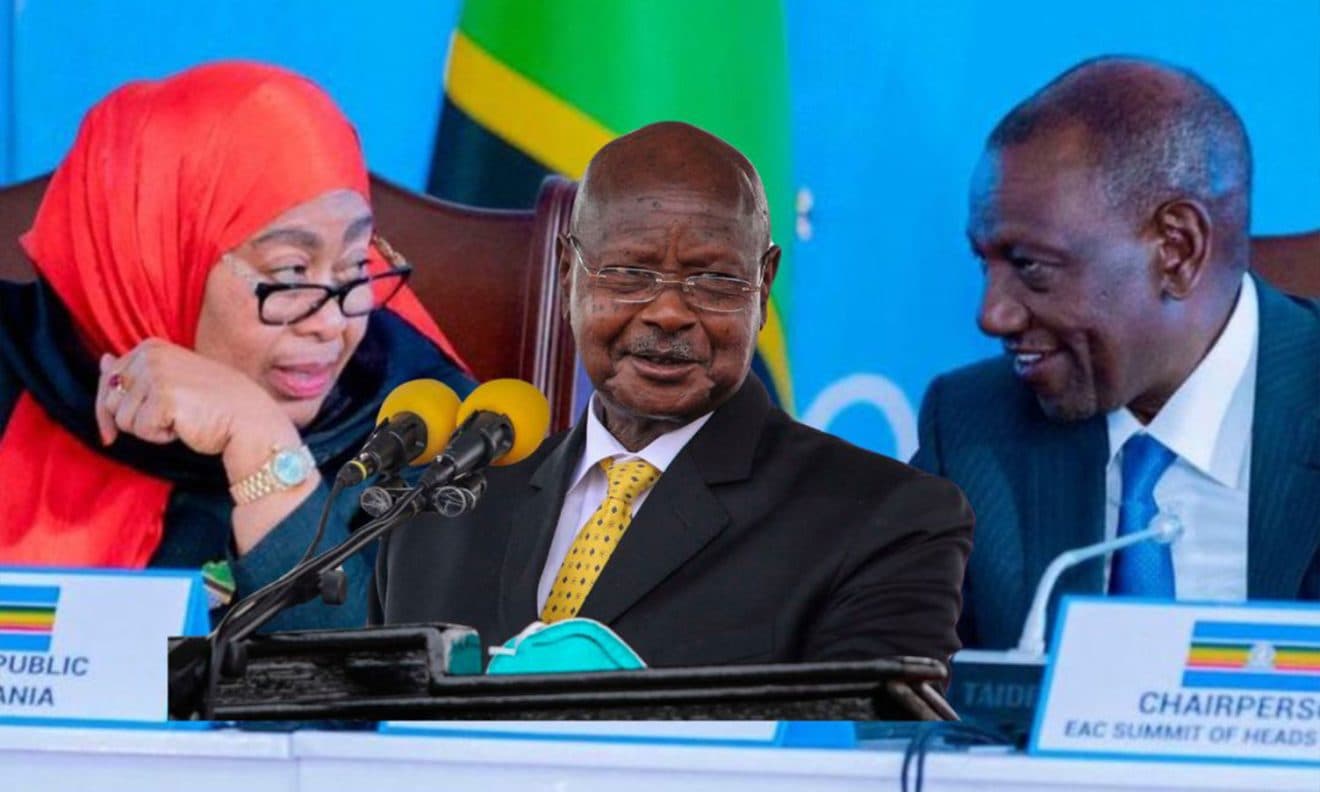Power and Control: The Rise of Authoritarianism in East Africa

In recent years, democracies across East Africa have faced serious setbacks. Once viewed as a region showing promise for democratic growth, East Africa is now witnessing a surge in authoritarian tendencies. Power is increasingly concentrated in the hands of presidents, civil liberties are shrinking, and elections are losing credibility. From Uganda to Tanzania, Kenya to Rwanda, the political landscape is gradually shifting toward a model that prioritizes control and conformity over pluralism and accountability.
Across the region, multiple countries now exhibit deeper authoritarian features. Institutions meant to check executive power such as legislatures, judiciaries, and independent commissions are either weakened or captured. Freedom of expression and assembly, though constitutionally protected, are often curtailed through restrictive laws, police intimidation, and state surveillance. The rise of “strongman” politics has further normalised the idea that development and order require limited dissent.
One defining feature of this authoritarian wave is what scholars call “developmental authoritarianism.” Governments in several East African nations justify tight political control in the name of delivering infrastructure, stability, and economic growth. Rwanda and Ethiopia are often cited as examples, where rapid modernization coexists with restrictions on opposition and the media. While such regimes boast impressive development metrics, they do so at the cost of fundamental freedoms and civic participation.
Elections, once a symbol of democratic consolidation, have increasingly become instruments of legitimizing power. In Kenya, Tanzania, and Uganda, opposition candidates face state-sponsored intimidation, arbitrary arrests, and media censorship. The electoral process remains in place, but the fairness and competitiveness that define genuine democracy are missing. Civic organizations and human rights defenders, once vibrant, now operate in fear of deregistration, harassment, or criminalization under the guise of national security or public order.
Several factors explain this trend. First, weak institutional foundations make it easier for leaders to consolidate power. Many countries in the region inherited fragile state systems that rely heavily on personality-driven politics rather than strong institutions. Second, economic frustrations and corruption have disillusioned citizens, creating a vacuum that authoritarian leaders fill by promising order and progress. Third, global dynamics have shifted. As Western democracies become less consistent in promoting governance and rights, and as new players such as China prioritize investment over democracy, local leaders find fewer external pressures to uphold democratic norms.
The consequences of this authoritarian resurgence are far-reaching. Human rights violations are on the rise, journalists and activists face growing risks, and political opposition is marginalized. The weakening of checks and balances has led to rampant corruption and state capture by elite networks. In the long term, the suppression of dissent undermines innovation, accountability, and inclusive development. A society without freedom of thought or expression cannot sustain meaningful progress.
Yet, the situation is not entirely hopeless. Civil society, youth movements, and independent media continue to resist through creative advocacy, storytelling, and digital activism. In Kenya, for example, online platforms have become spaces for holding leaders accountable. In Uganda, brave journalists and opposition figures continue to document abuses despite harassment. These small acts of resistance keep the flame of democracy alive, even under difficult conditions.
The rise of authoritarianism in East Africa must be understood not only as a political crisis but also as a human and moral one. It threatens the social fabric that binds citizens to their governments and erodes the trust essential for peaceful coexistence. As citizens, storytellers, and defenders of human rights, the responsibility lies in exposing abuses, amplifying silenced voices, and insisting that development without freedom is an illusion.
Ultimately, sustainable progress in East Africa will not come from centralized power or silenced opposition. It will come from open governance, respect for human dignity, and a political culture that values accountability over loyalty. The struggle for democracy in East Africa is far from over, it is simply entering a new and more complex phase.
